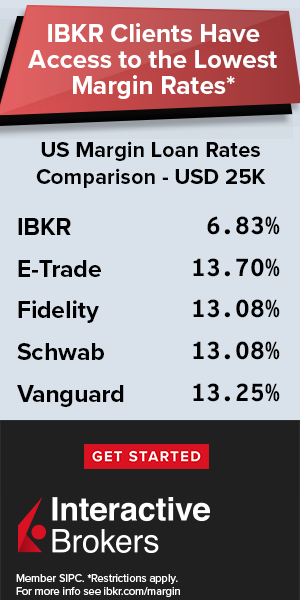As traders managing our positions and recording our trades is something we all learn to adopt. But how about recording our emotions? Emotion in trading is an enemy of every trader. Learning to recognise when emotions are getting in the way of trading is one step closer to becoming a better trader.

Having a bad run is something that every trader will face in their trading careers, but a losing streak can often be exaggerated when loss of nerve, confidence and profit pushes a trader’s patience to the absolute limit. During situations like these trading decisions can be fraught with emotion, so it’s imperative to remain patient and wait for the best opportunity to present when opening and closing positions.
Many traders open trades too early because they are driven by greed. It’s a rush to ‘get in’ so when they see a move coming they don’t wait for their strategy to say ‘go’. They also close trades too early because of fear – fear that the small profit will turn into a loss if they don’t cash in now. These bad trading patterns can quickly lead to a path of self-destruction if the fear and greed is not recognised and reined in.
The general rule of thumb is to run profits and cut losses early. Traders who consistently fail to run profits due to lack of patience are unlikely to be profitable in the long term.If targets are reasonable then have the patience to wait until the target is met, by remaining disciplined profits will be actioned at the right time. It’s also important to recognise trading emotions at the point of profit taking, any feelings of over-confidence at this point can lead to greed and bad trading decisions – it would be unproductive to raise the bar higher once the target is reached, a much healthier mindset would be to stick to the plan and bank those profits, then sit back and reflect on a trade well played.
During a bad run a trader will have been following a system for long time but a bad run can throw caution to the wind leading to further decisions under a negative influence. From that moment and usually without realising a trader can stop following their system and further emotional decisions can entail. It’s important to realise that in every trading system there will always be bad runs and the only thing to do is sit tight and be mindful of not letting emotions get in the way.
During abnormal market moves, a trader may be tempted to modify his system if the unexpected move lasts too long. An abnormal market will usually lead to losses and be a trigger to trade emotionally. If the trader adjusts his system to this new environment it is a mistake. The market will eventually settle and return to its normal pattern but because the trader has adopted an emotional system, it is highly unlikely to work again.
My final message on emotional trading is to traders adopting a new system. Even if this system has been successfully tested – do not expect immediate success. If a new system fails to produce good results after a few weeks traders may lose interest and ditch the system -profits are not happening fast enough so they end up missing out on a decent trading system. Remember we can’t control the market but we can try to control our emotions and more importantly recognise when those emotions are beginning to affect our logical trading decisions.
Thierry Laduguie is FTSE 100 Trading Strategist at www.e-yield.com


 Hot Features
Hot Features












